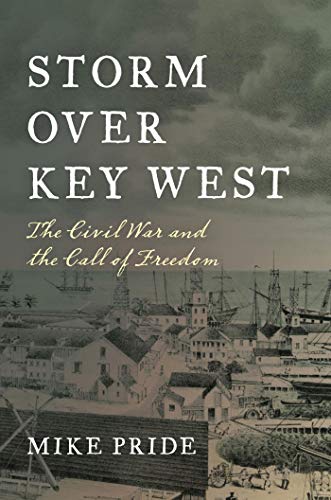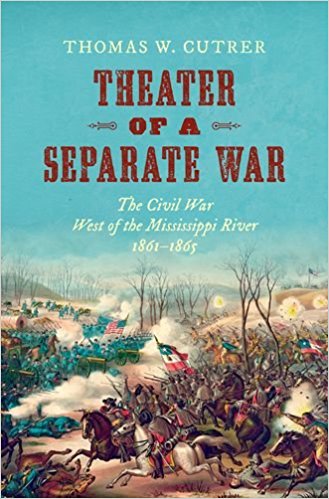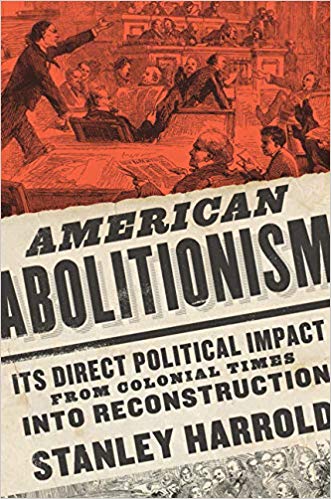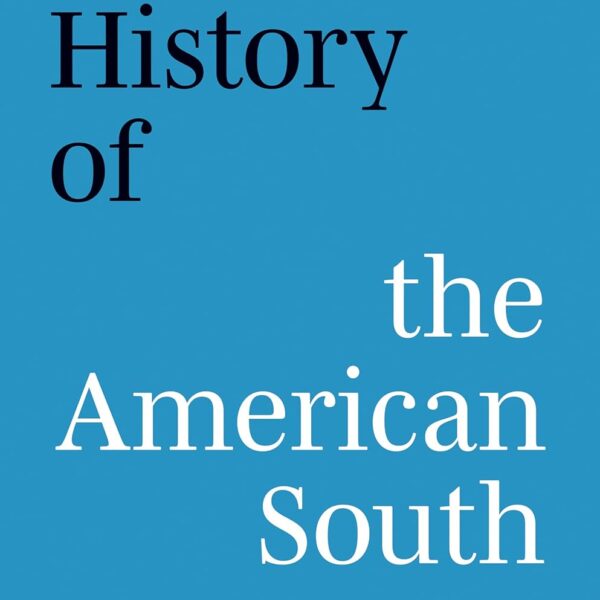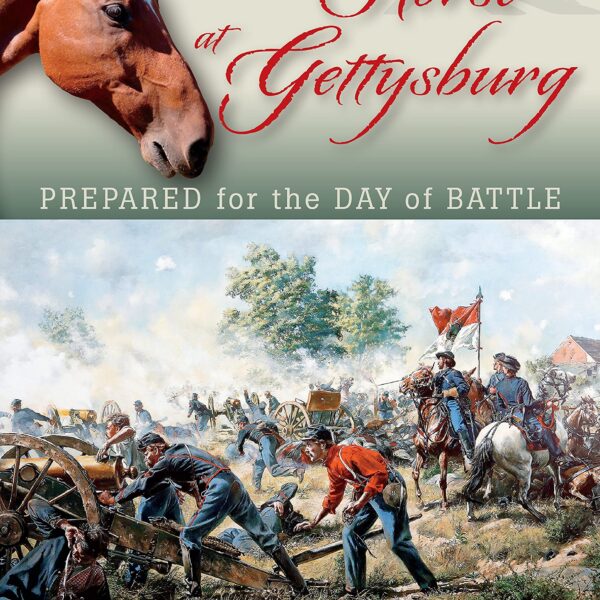Florida often receives scant coverage from Civil War scholars, but Key West has received perhaps even less attention. Mike Pride offers a remedy with Storm Over Key West. Pride interrogates the social, political, and racial dynamics of Key West from the 1840s into the early phases of Reconstruction, providing a detailed account of the truly unique role it played in the Civil War.
Pride begins the story of Key West (and Garden Key) with the construction of Fort Taylor and Fort Jefferson in 1844. The military rightly assumed that these forts would serve as Gibraltars of the Gulf. By controlling the Keys, the army and navy hoped to defend the Mississippi River on one hand—and interdict the African slave trade on the other. Ironically, though, the construction of the forts helped to establish slavery on the island. White laborers were expensive and fled north in the spring and summer to avoid yellow fever. To solve this issue, Pride illustrates that “U.S. Army engineers encouraged local white people to buy slaves, whom the government would then rent.” (18). Between 1845 and 1860, the government paid out $180,000 to slaveowners to construct Fort Taylor.
Pride’s coverage of the war is rich in detail and treats a pantheon of civilian and military leaders who piloted the island through the war. Despite its support for secession, Key West never got a chance to be a part of the Confederacy. Historians often point to Fort Pickens as the only fort that remained in federal possession the entire war, but Pride ably shows that both Fort Taylor and Fort Jefferson remained in Union hands as well.
Key West became a crucial and successful part of the Union’s blockade efforts. Pride argues that by the end of 1861, “the Key West blockading squadron was so busy that the U.S. Marshal ran out of jail cells for the crews of blockade-runners” (73).
Central to Pride’s story are the actions of the African American community on Key West. The island was home to 435 enslaved people in 1860, as well as 156 free Blacks led by the indomitable Sandy Cornish. Again, historians often look to the South Carolina Sea Islands to see the first experiments in emancipation and reconstruction, but Pride shows that Key West, too, was at the forefront of both movements.
In September 1862, as yellow fever ripped through the military base, Union commander Joseph Morgan began to hire enslaved people to serve as nurses and gravediggers. Importantly, he promised them protection from re-enslavement, and thus “ignited a furor and made Key West a crucible in the national experiment” (98). Key West enslaved people flocked to the fort for freedom, and slavery eroded long before the Emancipation Proclamation took effect. In addition, Pride details the service of two United States Colored Troops regiments on the islands, the 2nd USCT and 99th USCT. In the face of hostility from friend and foe alike, they served the Union cause, and were among the catalysts for a school and church on the island.
Pride ends his account with the story of white retrenchment in Key West. With the state under the control of William Marvin, a former Key West judge who had cooperated with the Union during the war, Black rights came under attack. Pride notes that these freedmen were always aware of Marvin’s true colors. During the war, in a letter to a New York newspaper, they had branded him “a slavemonger and Copperhead who aided rebels” (225). His Reconstruction policies showed that these freedmen were correct in their assessment.
Overall, this well written book demonstrates that Key West played a special role in the Civil War. Home to blockade runners, Unionists, secessionists, and some of the first experiments in emancipation and reconstruction, Pride’s work casts Key West in a new light for Civil War scholars.
Kevin McPartland is a Ph.D. candidate in the Department of History at the University of Cincinnati.
